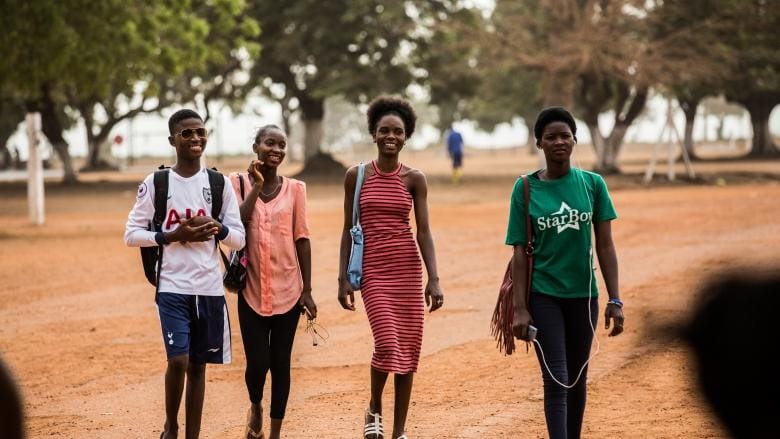In Summary
- Only a few African nations have crossed the 0.50 HCI mark, reflecting deep investment in human development. Education and healthcare remain the two most influential factors in determining HCI rankings.
- Countries with stable governance and consistent public investment show the highest scores. Smaller nations like Seychelles and Mauritius benefit from concentrated policy implementation and efficient systems.
- North African countries dominate the top 10 due to historic investments in education and social services. Nations like Kenya and Botswana reflect how policy innovation and youth-centered reforms can raise human capital potential.
What if the most valuable asset a country could ever have isn’t oil, gold, or land, but its people? In 2025, that idea rings truer than ever. Africa’s path to economic growth, innovation, and sustainability is now tightly tied to its investment in human capital—education, health, and skills. The Human Capital Index (HCI), developed by the World Bank, gives us a clear view of how well countries are preparing their citizens for a productive life. So, which African nations are taking the lead? Here are the top 10 countries with the highest HCI scores in 2025.
10. Gabon
Gabon kicks off the list with a Human Capital Index score of 0.43. This reflects significant gains in early childhood health and education. While challenges remain in rural areas, the government has made notable strides in increasing school attendance and access to healthcare. Gabon’s focus on quality education and social protection is gradually translating into a more skilled and healthy workforce.
9. South Africa
Also scoring 0.43, South Africa ranks just above Gabon due to broader access to secondary and tertiary education. Despite economic inequality, the country has long invested in public health programs and university education. South Africa’s HCI reflects this investment, though gaps still exist in education outcomes between urban and rural communities.
8. Namibia
Namibia earns a score of 0.46 on the HCI, thanks to its consistent investment in education infrastructure and health services. The country has seen improvement in child survival rates and learning-adjusted school years. Namibia’s policies have increasingly focused on preparing youth for the labor market through vocational training and curriculum reform.
7. Egypt
Egypt shares a score of 0.47 with Botswana, placing it in seventh. Over the years, Egypt has improved access to education, with a particular focus on girls’ education and STEM subjects. Its health sector also benefits from substantial government funding and international partnerships. These efforts are reflected in the country’s steady progress on the HCI.
6. Botswana
With an HCI score of 0.47, Botswana has demonstrated that consistent investment in its people pays off. The country is known for its stable governance and prioritization of education and public health. Efforts such as free primary education, expanded healthcare access, and targeted skills development programs have contributed significantly to its ranking.
5. Tunisia
Tunisia scores 0.48, showcasing impressive progress in both healthcare and education. The country has maintained one of the highest literacy rates in Africa and continues to promote gender equality in education. Additionally, improvements in early childhood nutrition and vaccination coverage have helped raise its human capital potential.
4. Algeria
Also scoring 0.48, Algeria ranks just above Tunisia due to its broader health coverage and technical education programs. Public spending on health and education remains high, and this investment has led to improvements in school enrollment, child survival rates, and job readiness.
3. Seychelles
With an HCI score of 0.49, Seychelles stands out for its excellent education system and universal healthcare. The country benefits from a small population, which allows for focused resource allocation and effective implementation of policies. Seychelles is often seen as a model for social development in the region.
2. Mauritius
Mauritius claims second place with a Human Capital Index score of 0.50. The country’s inclusive health policies, universal education, and skills training programs make it one of the most human-capital-focused nations in Africa. Its consistent economic growth has also enabled steady investment in its population.
1. Kenya
Kenya tops the list in 2025 with an HCI score of 0.52. This is the highest score recorded in Africa and is largely due to its robust education reforms, national health insurance initiatives, and youth empowerment strategies. Kenya has prioritized human capital development through innovative programs that target early childhood development, teacher training, and preventive healthcare.
https://www.africanexponent.com/top-10-african-countries-with-the-highest-human-capital-index-in-2025/


